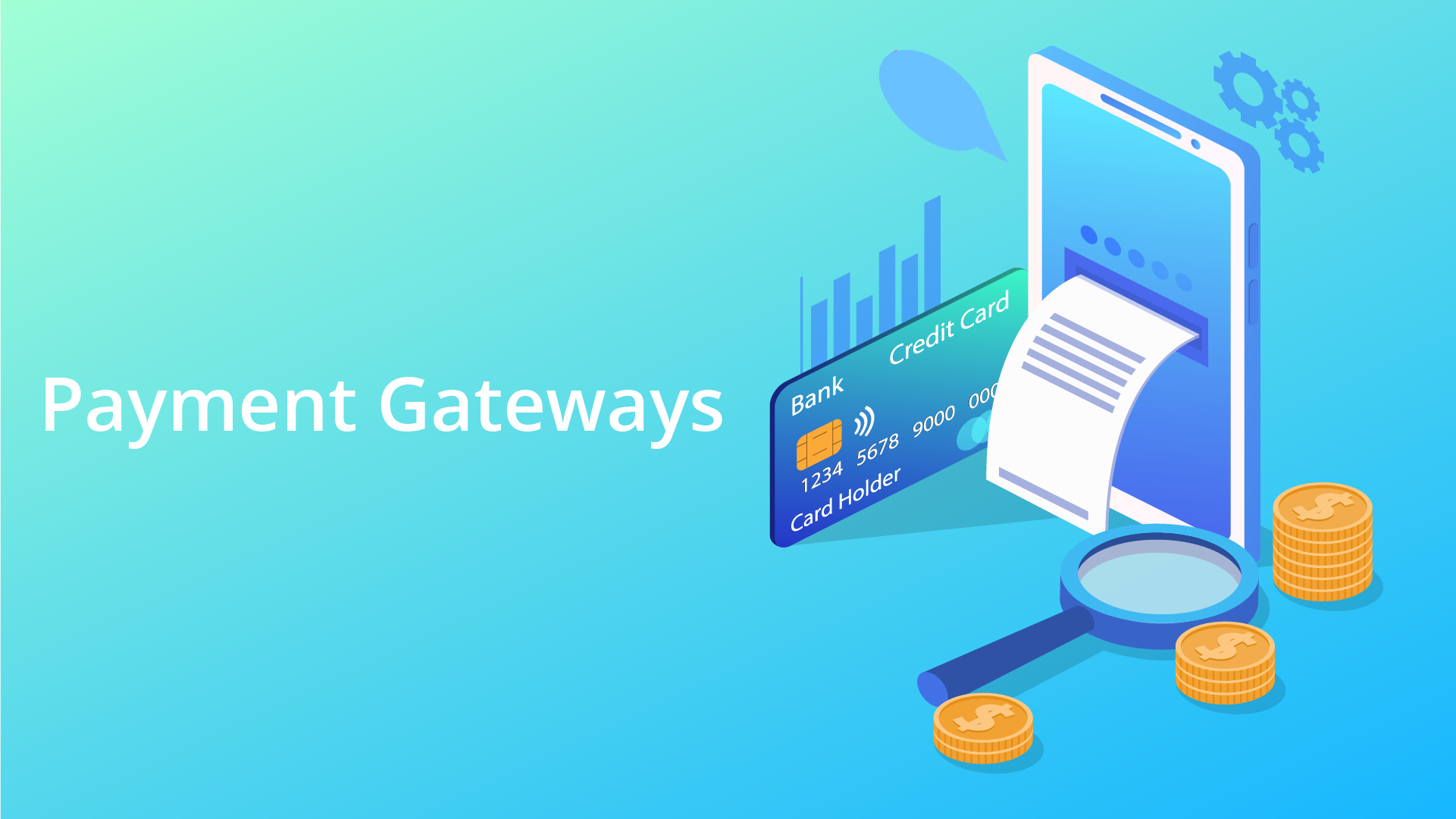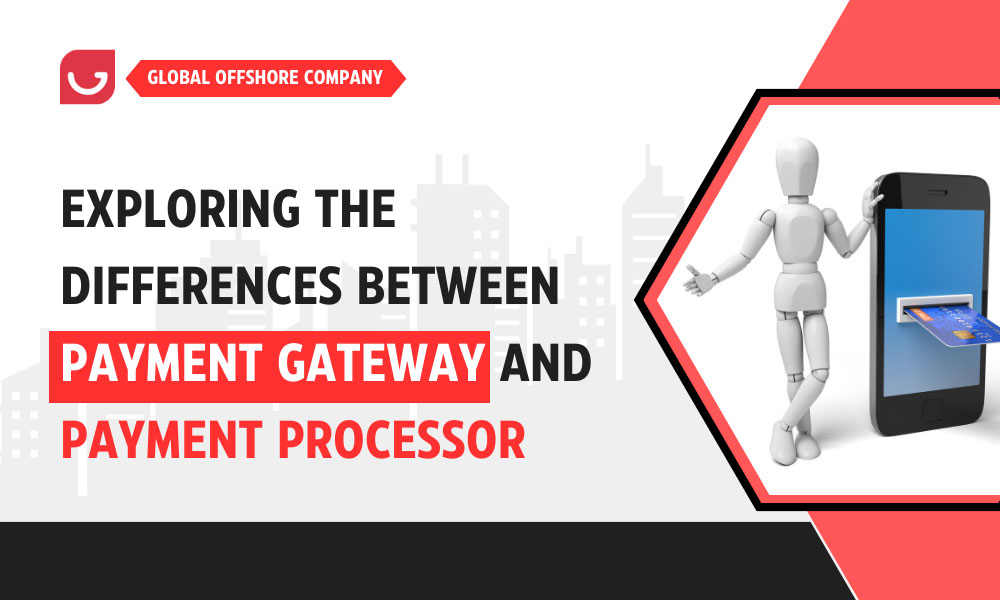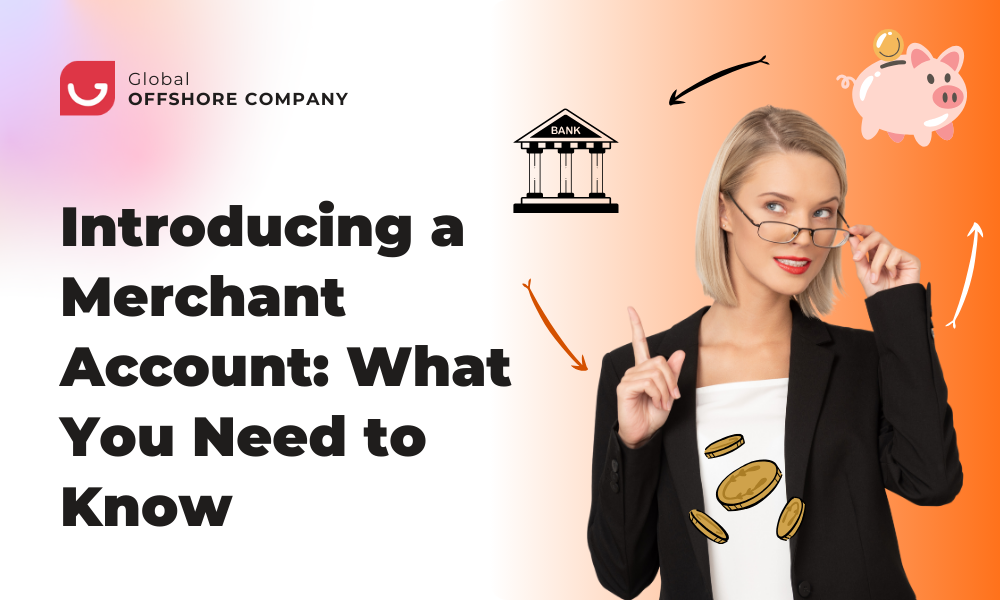A Beginner's Guide to Payment Gateway
What is a Payment Gateway?
A payment gateway is a service that enables retailers to accept credit card payments via a physical credit card terminal. When a consumer makes a transaction by placing their card into an EMV terminal, their information is relayed to the payment gateway. The gateway checks the payment with the bank before returning the result ("payment accepted" or "payment denied").
For online payments, mobile payments, and other transactions, a virtual terminal connects with the payment gateway. To maintain security, the gateway encrypts the customer's information.
Payment gateways are classified into two types:
Third-party payment gateways - During checkout, they redirect clients to an external gateway, which means they enter their credit card information outside of the merchant's website. After completing the transaction, customers are routed back to the merchant's website.
Payment gateway integration - These gateways are integrated within the merchant's e-commerce platform, allowing customers to enter their credit card information and complete transactions on the merchant's website. These are also referred to as white-label payment gateways.
Payment gateways may charge a monthly fee or not. Fees for processing services will always be charged, whether they are included with your gateway or originate from a separate supplier.
Each transaction's fees are deducted from the merchant's sales. The entire cost, known as the merchant discount rate, is usually between 1% and 3% of the transaction price. For example, a $100 sale might net the retailer $97 to $99.
When To Use a Payment Gateway
If you want to enter the world of e-commerce, you'll need to utilize a payment gateway. Payment gateways are your sole choice in a virtual context for validating the authenticity of a credit card. Customers who use fake information or do not have enough money in their accounts to pay their transactions may attempt to defraud you if you do not have them.
Here are a few instances of why it makes sense to use a payment gateway:
- You are launching an internet store.
- You're taking payments over the phone without requiring an actual credit card.
- You want to accept payments in-person but don't want to invest in a full POS system.
How to Verify the Security of a Payment Gateway
Payment getaways employ a few security methods. SSL (Secure Sockets Layer) encryption is one of the most widely used. Private data can be safely sent over a public network, such as one between a web server and a browser, using this standard security protocol. It simply secures all of the information entered by clients.
Data encryption is another prominent, and perhaps the most prevalent, method. It implies that the gateway automatically encrypts the credit card information entered by users using a public key, and only a private key may decode it. Simply put, it prevents unauthorized third-party users from accessing the account.
The Secure Electronic Transaction (SET) is a security mechanism used in several payment methods. This approach safeguards a customer's credit card information during an online purchase. Its purpose is to disguise credit and debit card details, preventing merchants from obtaining crucial information.
In recent years, tokenization has shown to be an excellent security mechanism for payment gateways. It effectively replaces the credit card number with a random symbol formation. The cardholder cannot track this one-time code, also known as a token, and the numbers have no meaning in the absence of a decryption key.
When selecting a payment gateway, consider the following:
Cost— Much of what we discussed about payment processors also applies to payment gateways.
Features – Determine if your preferred payment gateway offers electronic invoicing, all payment kinds, text/email reminders for clients, clever chargeback management, and so forth. In terms of payment gateway versus payment processor functionality, gateways often provide far more because they are online.
Simple integration – Ensure that the gateway will interface with your program.
Security— Payment gateways nearly usually include some form of security. Some of them were discussed in this article. When comparing gateways, make sure to verify which ones utilize specific security measures and select the one you want.
Merchant account – A merchant account is essential for any business owner. It is distinct from your own bank account, and most gateways do not charge additional fees if you have one. You must use your personal account if you do not have a merchant account. This is subject to a number of extra expenses.

Conclusion
If you want to find out more about e-commerce information and ideas, follow us for more. Wanna open an ecommerce business immediately, contact us now.
*Disclaimer: This article is for informational purposes only and does not constitute legal or financial advice. Consult with professionals before making any financial decisions.*











